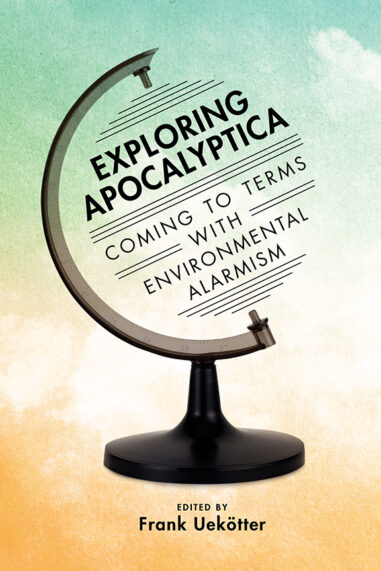
Hardcover $55.00
Request Exam or Desk Copy. Request Review Copy
Exploring Apocalyptica
Coming to Terms with Environmental Alarmism
Past praise for Turning Points of Environmental History:
Uekotter has achieved superb editorial success, selecting quality authors and assuring germaneness to the subject matter. This book has thematic unity that merits reading as a whole. It is potentially stimulating for historians, particularly those who wonder what new periodization environmental history can suggest. The clarity of the essays makes it approachable for students, and it can well be used as a source of readings in environmental history courses.

